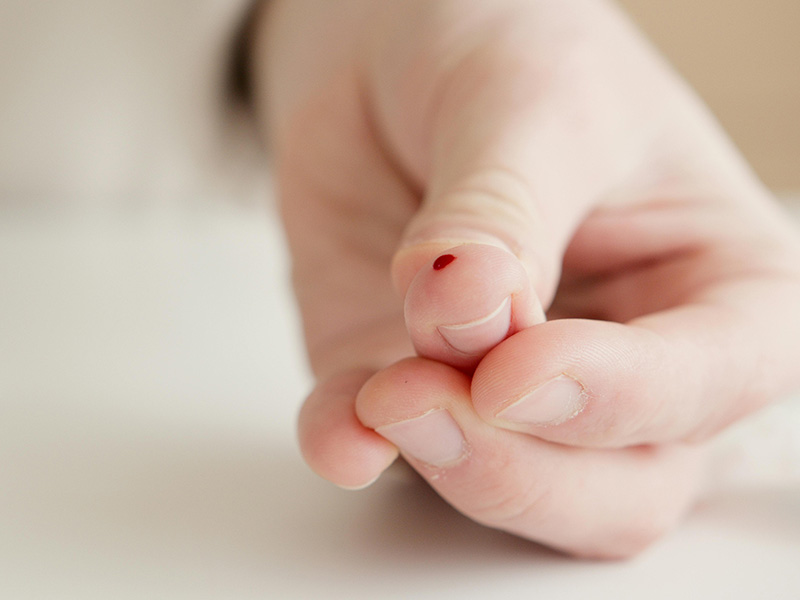
Patient and end user safety is a foundational principle of how we operate. We completely understand the critical importance of our role in supporting the NHS’s safer sharps directives. The prevention of sharps injuries is vital, not only for the safety of healthcare workers but also for maintaining overall patient safety and minimising the associated costs to the healthcare system.
The burden of needle stick injuries
NHS Resolution data from 2012 to 2022 reveals a concerning trend in needle stick injuries, with thousands of incidents reported annually. In 2021 alone, the NHS recorded approximately 1,200 needle stick injuries, which contribute to significant costs incurred by the healthcare system. The financial burden associated with these injuries includes direct costs such as treatment and testing, estimated at over £100 million per year, alongside indirect costs related to staff absenteeism and reduced workforce productivity.
Impact on staff health
The Royal College of Nursing (RCN) highlights that needle stick injuries can lead to considerable staff sickness, impacting both the health of individual employees and the operational capacity of NHS organisations. The RCN’s 2023 Sharps Safety Guidelines emphasise the need for improved safety devices to mitigate these risks and protect healthcare professionals from preventable injuries.
Key reports and findings
1. RCN Blood and Bodily Fluid Exposure Report (2021): This report outlines the prevalence and implications of exposure to blood and bodily fluids, reinforcing the necessity for effective sharps management. It calls for the adoption of safety-engineered devices and improved training programs to ensure staff are equipped to handle sharps safely.
2. HSE Inspections and Recommendations: The Health and Safety Executive (HSE) 2015 conducted inspections of NHS organisations, revealing gaps in sharps injury prevention protocols. Their findings advocate for the implementation of comprehensive training and the utilisation of safer sharps technologies to significantly reduce injury rates.
3. EU 2010 Directive on Sharps Injury Prevention: This directive mandates that healthcare providers implement safety measures to protect workers from sharps injuries. NHS Supply Chain’s strategies align with these requirements, ensuring compliance and promoting best practices across the NHS.

Our initiatives
To address these challenges we play a proactive role in:
- Product Procurement: Ensuring NHS trusts have access to the latest safety-engineered sharps devices, which are designed to minimise the risk of injuries and enhance safety for healthcare workers.
- Resources to inform and facilitate safer sharps choice: Providing comprehensive resources to support safe and informed clinical choice for healthcare professionals, enabling safe handling and disposal, and promoting the importance of using safety-engineered devices.
- Data Analysis and Reporting: Opportunity to collaborate in greater depth with NHS Resolution and other stakeholders to collect and analyse sharps injury data, identifying trends that inform ongoing improvements in product procurement and selection initiatives.
Conclusion
We have a vital role in promoting the safe procurement, use and management of sharps within healthcare settings. By aligning with national directives and providing healthcare organisations with the necessary product information and availability, we are committed to reducing the incidence of needle stick injuries, safeguarding the health of our workforce, and ultimately enhancing patient safety. A continuous focus on innovation, compliance, and education is crucial to achieving our shared goal of a safer healthcare environment.
